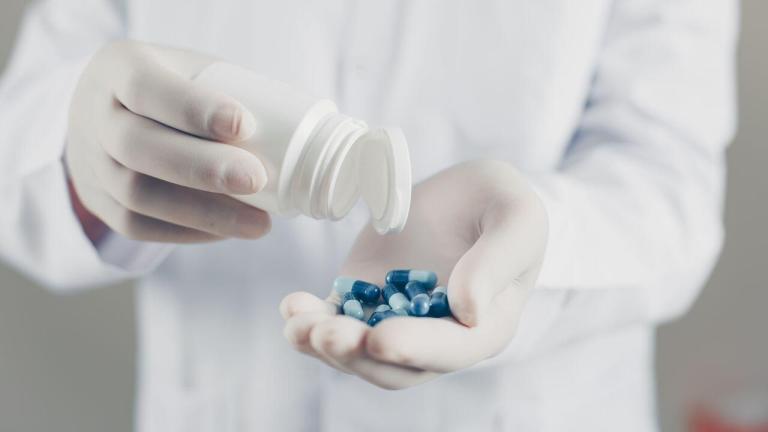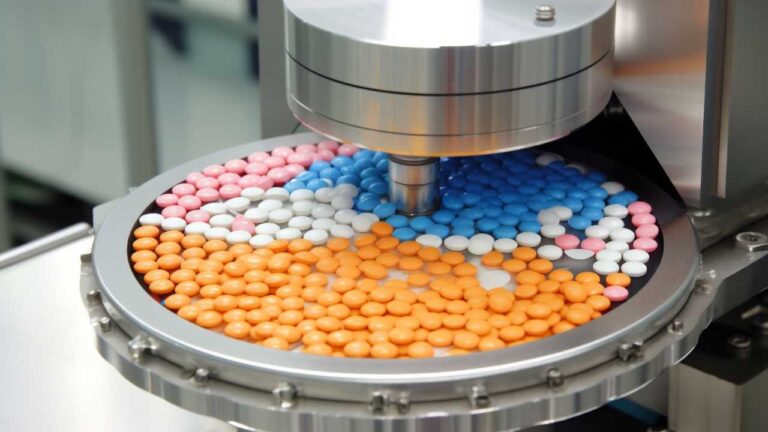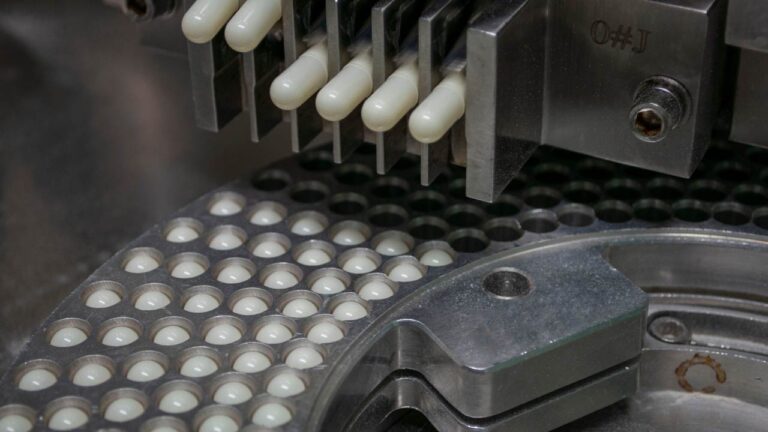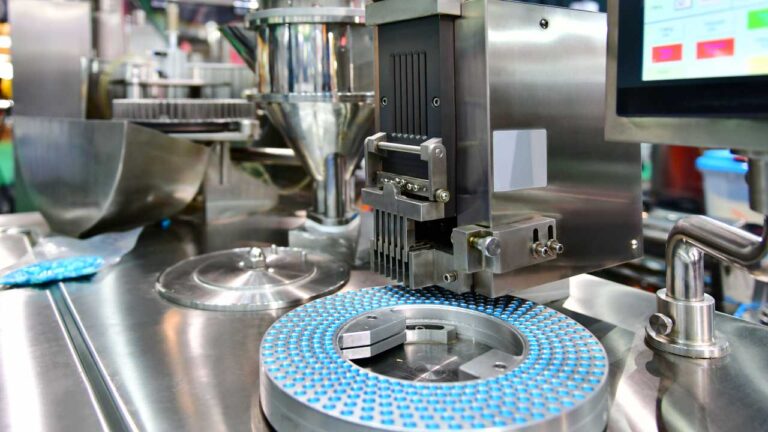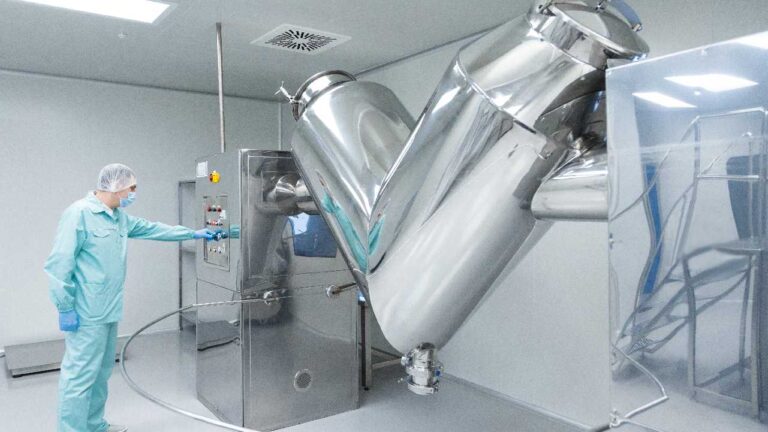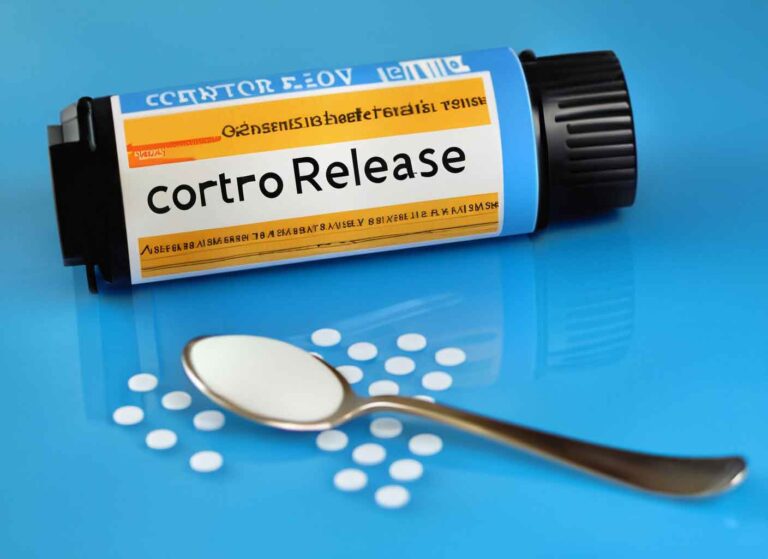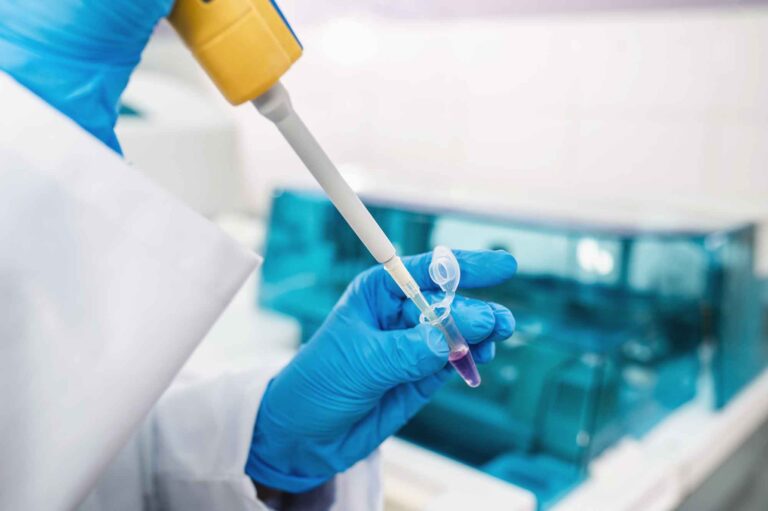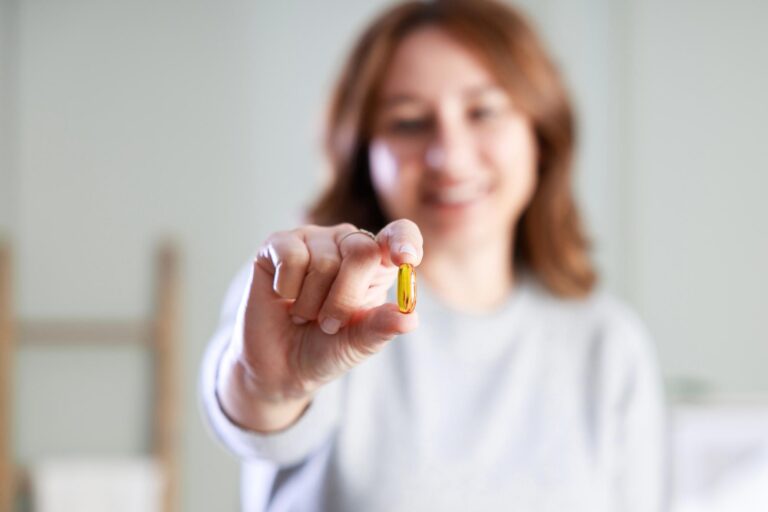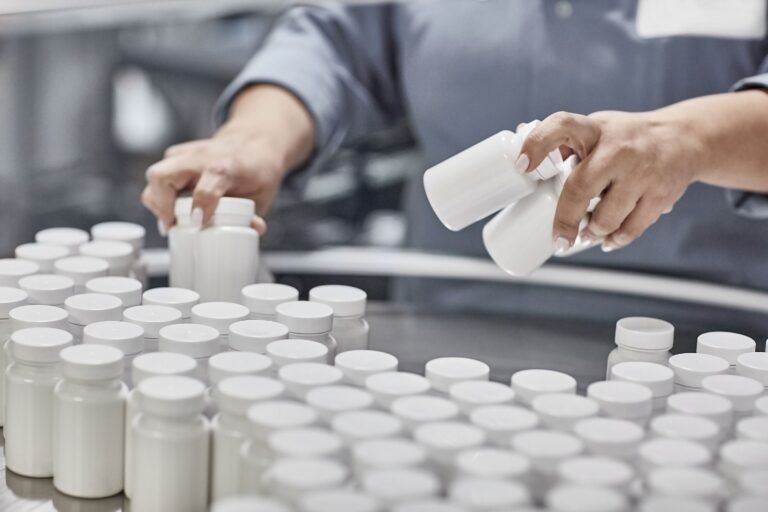Phase 3 Clinical trials are critical in confirming the drug’s efficacy on a large scale, often involving thousands of participants. These trials are the final step before seeking regulatory approval and focus on comparing the drug’s effectiveness to standard treatments or placebos. Data from these trials are critical for labeling and marketing the drug. Building on Phase 2 results, Phase 3 trials fine-tune the therapeutic dose for the target population. Researchers continue to monitor safety while assessing the drug’s efficacy across diverse patient demographics.
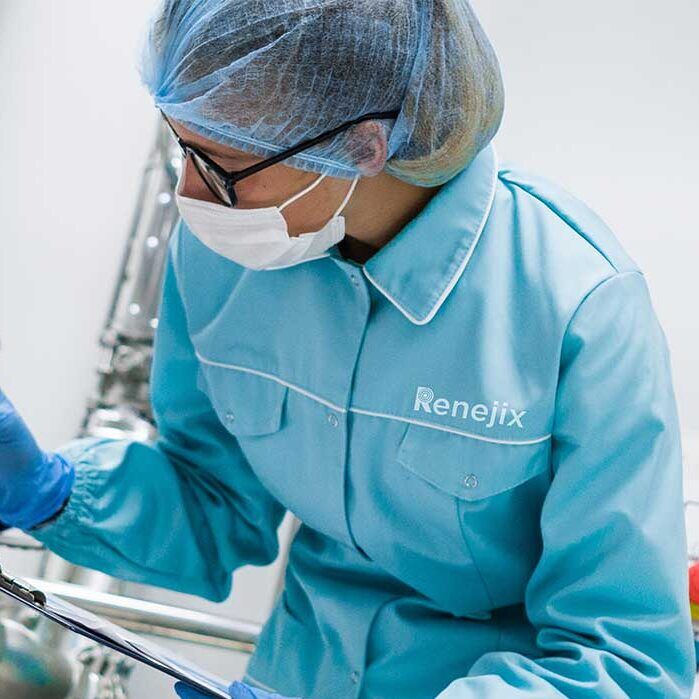
Phase 3
Phase 3: Advanced Manufacturing, Scale-Up, and Validation
As we move into Phase 3, the scale-up process is meticulously planned to ensure a seamless transition from Phase 2. This phase includes:
Process Optimization for Scale-Up: The manufacturing process is refined during Phase 3 to be cost-effective and scalable, ensuring a smooth scale-up from Phase 2.
Selecting Equipment for Larger Batches: Appropriate manufacturing equipment is chosen to handle increased batch sizes for Phase 3 without compromising product quality.
Troubleshooting Scale-Up Issues: Any issues that arise during the scale-up from Phase 2 to Phase 3, such as changes in dissolution profile or physical stability, are identified and resolved.
Implementation of continuous manufacturing for Phase 3 and commercial scales.
Optimization of process parameters to ensure scalability from Phase 2 to Phase 3.
Validation of manufacturing processes in accordance with regulatory expectations for Phase 3.
Validation of the manufacturing process is a cornerstone of Phase 3, where validation batches are produced to demonstrate that the process consistently yields a product that meets its predetermined specifications. This validation is crucial for the transition from Phase 2 to Phase 3 and ultimately to commercial production.
In preparation for commercialization post-Phase 3, packaging development is tailored to preserve the stability and integrity of the small molecule drug, and launch planning is coordinated to ensure a successful transition from Phase 3 to market.
Quality Systems & Compliance
Enhanced quality control measures for Phase 3 batch consistency.
Risk management strategies tailored for Phase 3 manufacturing complexities.
Preparation for regulatory inspections as Phase 3 trials conclude and commercial launch approaches.
Commercialization Preparation
Launch readiness assessments to ensure smooth transition from Phase 3 to market.
Packaging development for commercial distribution, considering patient adherence and safety.
Market access and reimbursement strategy development to optimize Phase 3 trial outcomes for commercial success.
Phase 3 Manufacturing Capabilities
Our cutting-edge facilities enable us to manage a variety of drug formulations. Here’s a more detailed look at our production capabilities:
Tablet Production:
- Direct Compression Tablets
- Wet Granulated Tablets
- Coating with Immediate and Modified Release Polymers: Customizing drug release profiles.
- Mono and Bi-layer Tablets
- Fixed-dose Combinations (FDCs)
- Orally Disintegrating Tablets (ODTs)
- Micro and Mini Tablets
- Aqueous Film Coated Tablets
Capsule Production:
- Hard and Soft Gelatin Capsules
- Delayed and Extended-release Capsules
- Capsules for Liquid, Semi-solid, and Solid Fills
- Capsules for Dry Powder Inhalation (DPI)
- Enteric-coated Capsules
- Capsules with Beadlets or Pellets for Modified Release
- Capsules for Reconstitution
- Capsules with Multi-particulate Fluid Bead Coating
- Beads, including Multi-particulate Fluid Bead Coating
- Stick Packs
Oral Films Production
Semi-Solid Dosage Production:
In Phase 3, we specialize in manufacturing semi-solid dosage forms for topical, transdermal, and oral applications.
- Creams
- Ointments
- Emulsions
- Aqueous and Non-Aqueous Based Gels
- Pastes
Transdermal Patches Production
Oral Liquid and Syrup Production:
- Aqueous and Non-Aqueous Based Liquids and Syrups
- Wet and Dry Suspensions
Nanoparticle and Lipid Nanoparticle (LNP) Production:
Our advanced manufacturing services also include the production of nanoparticles and lipid nanoparticles, which are increasingly utilized in drug delivery systems.
Nanoparticle Services:
- Custom Formulations: We provide custom nanoparticle formulations, enabling the encapsulation of a broad range of therapeutic agents.
- Size Optimization: Our team can optimize nanoparticle size to enhance drug delivery and absorption.
- Surface Modification: We offer surface modification services to improve nanoparticle stability and bio-distribution.
Lipid Nanoparticle Services:
- Versatile Delivery: Lipid nanoparticles are flexible carriers capable of delivering a range of molecules, including small molecules, proteins, and nucleic acids.
- Optimized Formulations: We create optimized lipid nanoparticle formulations that balance efficacy, safety, and manufacturability.
- Scale-Up Capabilities: Our facilities are equipped to scale up production.
In Phase 3, we concentrate on manufacturing nanoparticle dosage forms:
- Nanoparticles
- Lipid Nano Particles
- Nanostructured Lipid Carriers (NLC)
- Solid Lipid Nanoparticles (SLN)
- Liposomes
- Nanoemulsions
- Self-Nanoemulsifying Drug Delivery Systems (SNEDDS)
- Polymeric Nanoparticles
- Nanocrystals
Our Services


FAQs
Here are some frequently asked questions about Late Phase
At Hycon Labs, we recognize that Phase 2 trials are a pivotal step in confirming the therapeutic hypothesis established in Phase 1. Our customized services for Phase 2 trials are designed to address the increased complexity and higher stakes involved. We offer:
- Tailored Formulation Development: Building on Phase 1 data, we refine formulations to improve efficacy, reduce side effects, and enhance patient compliance.
- Adaptive Manufacturing Scale-Up: Transitioning from small-scale to mid-scale manufacturing, we maintain quality and consistency while allowing for flexibility in response to trial outcomes.
- Strategic Regulatory Navigation: We provide comprehensive support in adapting regulatory strategies to meet the specific requirements of Phase 2 trials, including documentation and compliance strategies.
Our approach to ensuring seamless scalability includes:
- Process Optimization: We continuously refine manufacturing processes to increase efficiency and reduce waste, ensuring a smooth transition to Phase 3 scale.
- Tech Transfer Excellence: Employing best practices in technology transfer to maintain product quality as production volumes grow.
- Proactive Capacity Planning: Expanding our facilities and capabilities in anticipation of the needs of Phase 3 trials.
- Supply Chain Resilience: Strengthening supply chain logistics to handle the increased volume of trial materials without sacrificing quality or timelines.
Yes, comprehensive regulatory support is a cornerstone of our services, including:
- Expert Guidance: Our regulatory experts provide up-to-date advice on compliance with FDA, EMA, and other international regulations.
- Meticulous Documentation: Preparing detailed documentation to support regulatory submissions, including IND amendments and briefing packages.
- Audit Preparedness: Maintaining a state of continuous audit readiness to facilitate inspections and reviews by regulatory authorities.
Absolutely, our services extend to:
- Trial Design Consultation: Collaborating with clients to develop scientifically sound and statistically robust trial designs.
- Protocol Development: Crafting detailed protocols that meet regulatory standards and align with the therapeutic goals of the trial.
- Endpoint Selection: Advising on the selection of appropriate clinical endpoints to ensure the trial objectives are met.
Our analytical approach is rigorous and comprehensive, featuring:
- Advanced Analytical Services: Providing extensive analytical testing, including bioanalytical assays, to support pharmacokinetics and pharmacodynamics studies.
- Method Development and Validation: Developing and validating analytical methods suitable for the complexity of Phase 2 trials.
- Quality Control Systems: Implementing robust quality control systems to ensure the integrity of trial materials throughout the trial duration.
Our multi-regional trial management strategy includes:
- Global Regulatory Insight: Understanding and navigating the regulatory nuances of different regions to ensure global trial compliance.
- Logistical Coordination: Managing the complex logistics of distributing trial materials to various international sites.
- Cultural Sensitivity: Addressing cultural differences in patient management and communication to enhance trial performance across regions.
Our contribution to trial success includes:
- Strategic Partnership: Acting as a strategic partner to our clients, providing insights and support that go beyond traditional CDMO roles.
- Innovation in Drug Development: Applying innovative approaches to drug development challenges, enhancing the potential for successful trial outcomes.
- Commitment to Excellence: Upholding a commitment to excellence in every aspect of our service, from manufacturing to regulatory support.
Quality and consistency are non-negotiable, and we ensure these through:
- Advanced Quality Control Measures: Employing state-of-the-art quality control measures throughout the manufacturing process to ensure each batch meets the highest standards.
- Process Validation: Conducting rigorous process validation to demonstrate the ability to produce drug products consistently meeting specifications.
- Stability Testing: Performing extensive stability testing to ensure the drug product maintains its integrity throughout the trial and anticipated shelf life.
Yes, we are fully equipped to support the transition to commercial production by:
- Commercial Scale-Up Expertise: Leveraging our expertise in scaling up processes to commercial levels without compromising product quality or efficacy.
- Market Launch Preparation: Assisting with all aspects of market launch preparation, including packaging, labeling, and logistics.
- Post-Market Surveillance Support: Providing post-market surveillance support to monitor the drug’s performance and safety in the general population.





